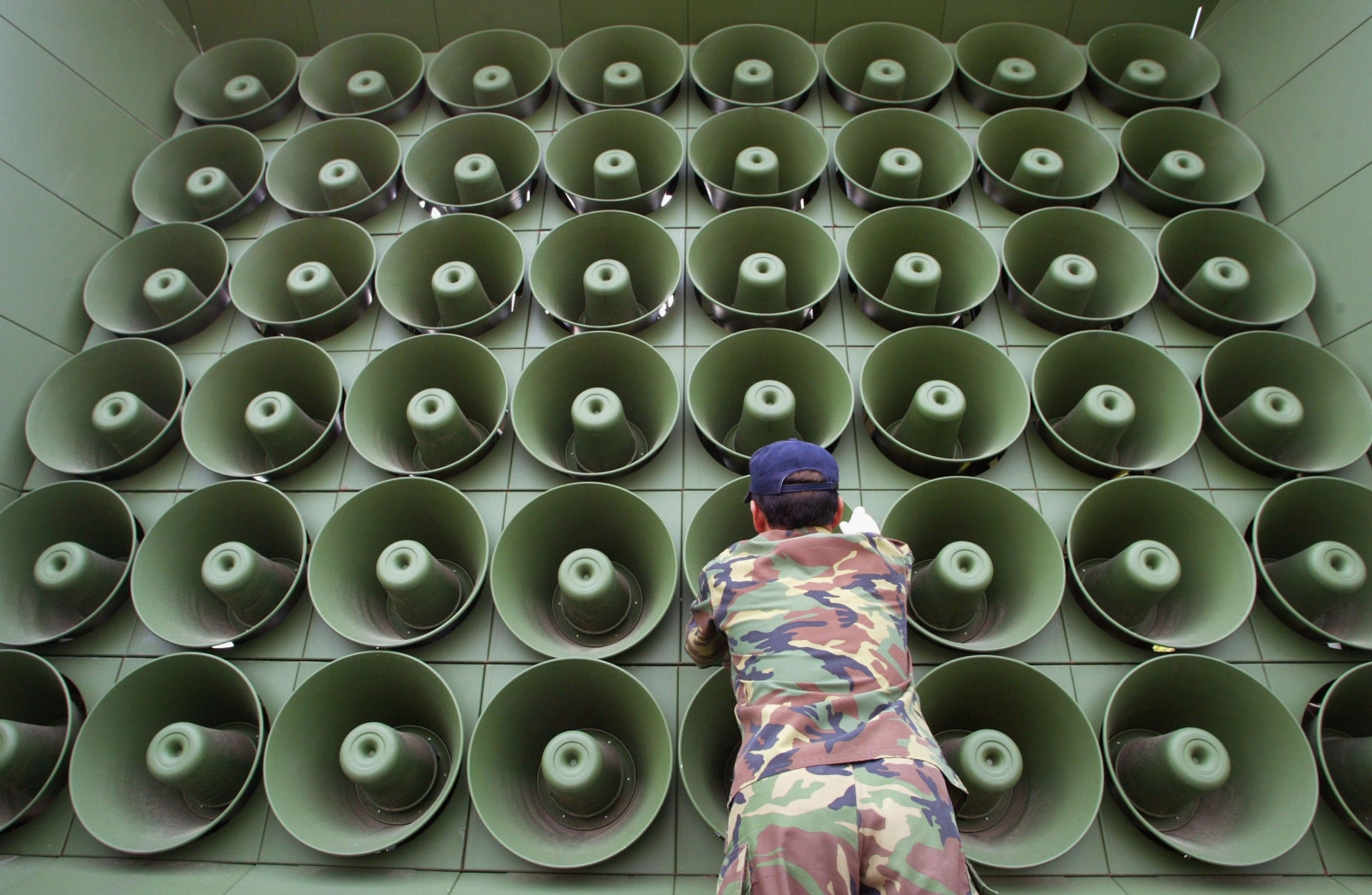RYAN LIPPERT WRITES – Every summer, North Korea makes it known that they vehemently oppose the annual military exercises held by South Korea and the United States. This time, however, tensions may run slightly higher than they usually do during this time of the year.
Last Monday, the armed forces of South Korea, the United States, and several of their allies began their annual Ulchi Freedom Guardian exercises on the Korean peninsula. As usual, North Korea is making belligerent statements to voice its opposition to the exercises. This year, the North’s state-run media released a statement made by “A spokesman for the National Defence Commission (NDC)” condemning this year’s exercises and threatening to “retaliate against the U.S. with tremendous muscle.” What makes this statement especially alarming is the NDC spokesman’s claim that the United States “can ensure the security of its mainland facing the DPRK’s strongest counteraction” by “rolling back its anachronistic DPRK policy.” While any concern caused by such statements is understandable, the Hermit Kingdom has a history of making such ominous threats and not backing up their words with action.
This year’s exercises also coincide with an inter-Korean shouting match triggered by a recent incident in which a landmine exploded on the Demilitarized Zone earlier this month, seriously wounding two South Korean soldiers. South Korea then accused the North of laying the mines. When the North denied this claim, the South turned on loudspeakers designed to broadcast propaganda across the border. Soon after, according to The Independent’s Loulla-Mae Eleftheriou-Smith, the North “said that the broadcasts are equivalent to a declaration of war,” and that if the South does not cease broadcasting, they will resort to “an all-out military action of justice to blow up all means for ‘anti-North psychological warfare.’” So far, all that the North has done is simply shout back at the South. This is the first time the Korean peninsula has undergone a propaganda war since 2004.
While some may be concerned by the fact that these incidents have coincided with an annual military drill that already increases inter-Korean tensions on its own, it is important to keep in mind the fact that North Korea has a history of making (what appear to be) empty threats to attack the U.S. Inter-Korean propaganda broadcasts have also happened before and have fortunately not led to a resumption of the Korean War.
On Thursday, tensions escalated when North and South Korea exchanged artillery fire. Some believe that the North was attempting to destroy one of South Korea’s propaganda loudspeakers. After this incident, North Korean forces were reportedly ordered to prepare for war. The North Korean government ordered the South to stop broadcasting propaganda by 5 p.m. local time Saturday, threatening to take further action if they refuse to do so. Although the deadline has passed and the South has not stopped broadcasting propaganda, there have been no reports of fighting between the two countries. Instead, officials from both countries are holding a meeting in an attempt to prevent the situation from escalating any further.

